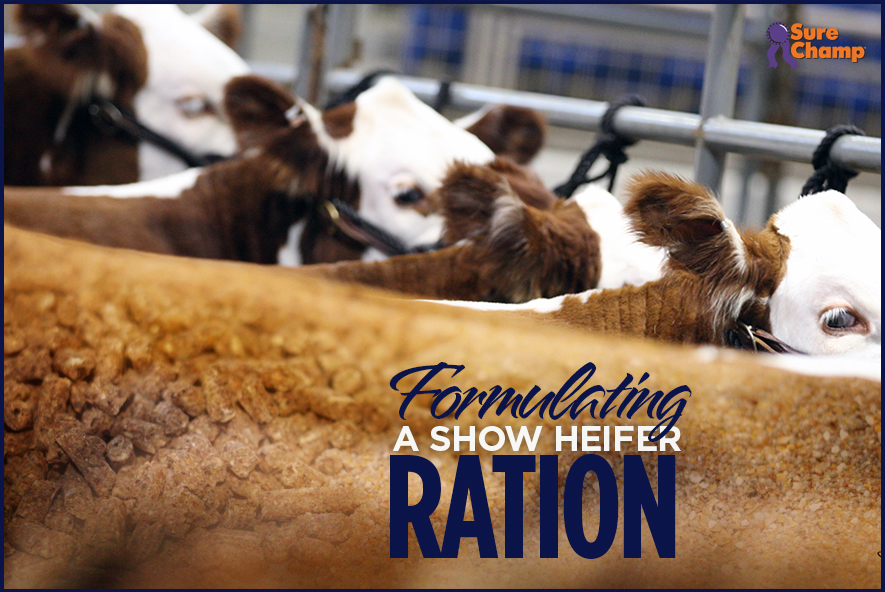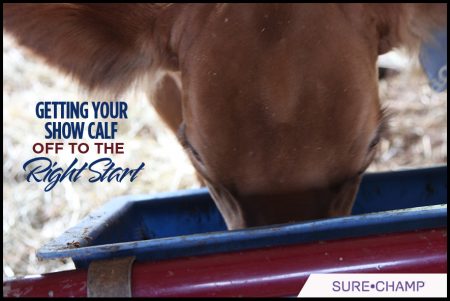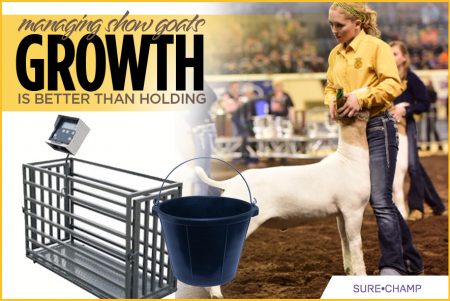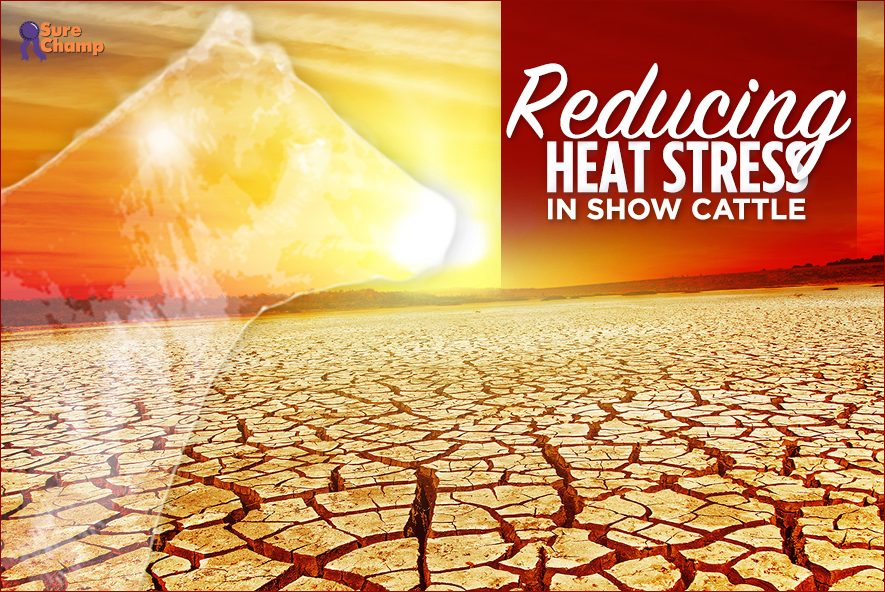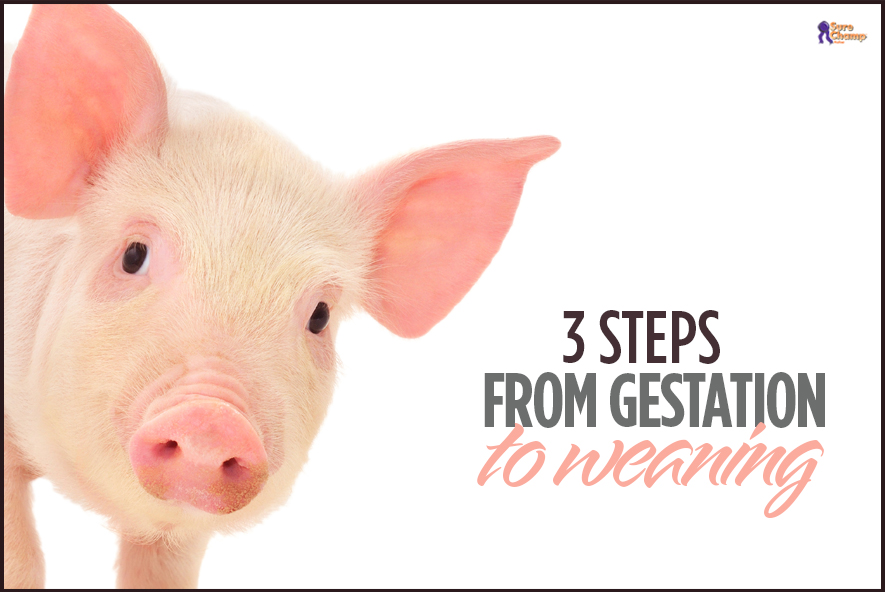The nutrition team at BioZyme® regularly gets asked, “What is the perfect show heifer ration?” Truth is, there isn’t a ”perfect” show heifer ration. Determining what to feed your show heifer depends on several factors like genetics, stage of production, and even environment and geographic location. Many different combinations of ingredients can yield the same […]
Category: Nutrition
Getting Your Show Calf Off to the Right Start
Every year about this time I get a little anxious. I recall my experience as a junior, and how the old show heifers were out to pasture, curious why they didn’t get to come in the barn every day. At the same time every afternoon, the mail carrier would deliver a brand new pile of […]
Managing Show Goats Growth is Better Than Holding
You’ve dedicated a lot of time and effort with your show goat project – feeding, grooming and exercising it. You are 30 days from the show – and when your goat steps on the scale, you realize he’s a little further ahead of your goal. A month until the show is a long time, so […]
Introducing Sure Champ Spark
Over the past few months we’ve been working on a product that we feel can take your livestock projects to the next level. Sure Champ pellets have been around for 20-plus years. In that time, we have proven that Sure Champ is not just another show supplement. Our company, BioZyme, prides itself on creating research-proven […]
Reducing Heat Stress in Show Cattle
Temperatures are beginning to rise and that means cattle can start to feel the effects of heat stress. It actually really doesn’t have to be that hot out before heat stress can occur. At temperatures as low as 70 degrees heat stress can set in. VitaFerm® HEAT is a mineral product that BioZyme® launched in […]
Three Steps from Gestation to Weaning
Time spent in the farrowing house and nursery can be stressful, time consuming and keep you up at night – literally. There are so many variables on the line that are dependent on the make or break of each litter. Ultimately, success in the farrowing house usually comes down to the sow. The driving factor […]
